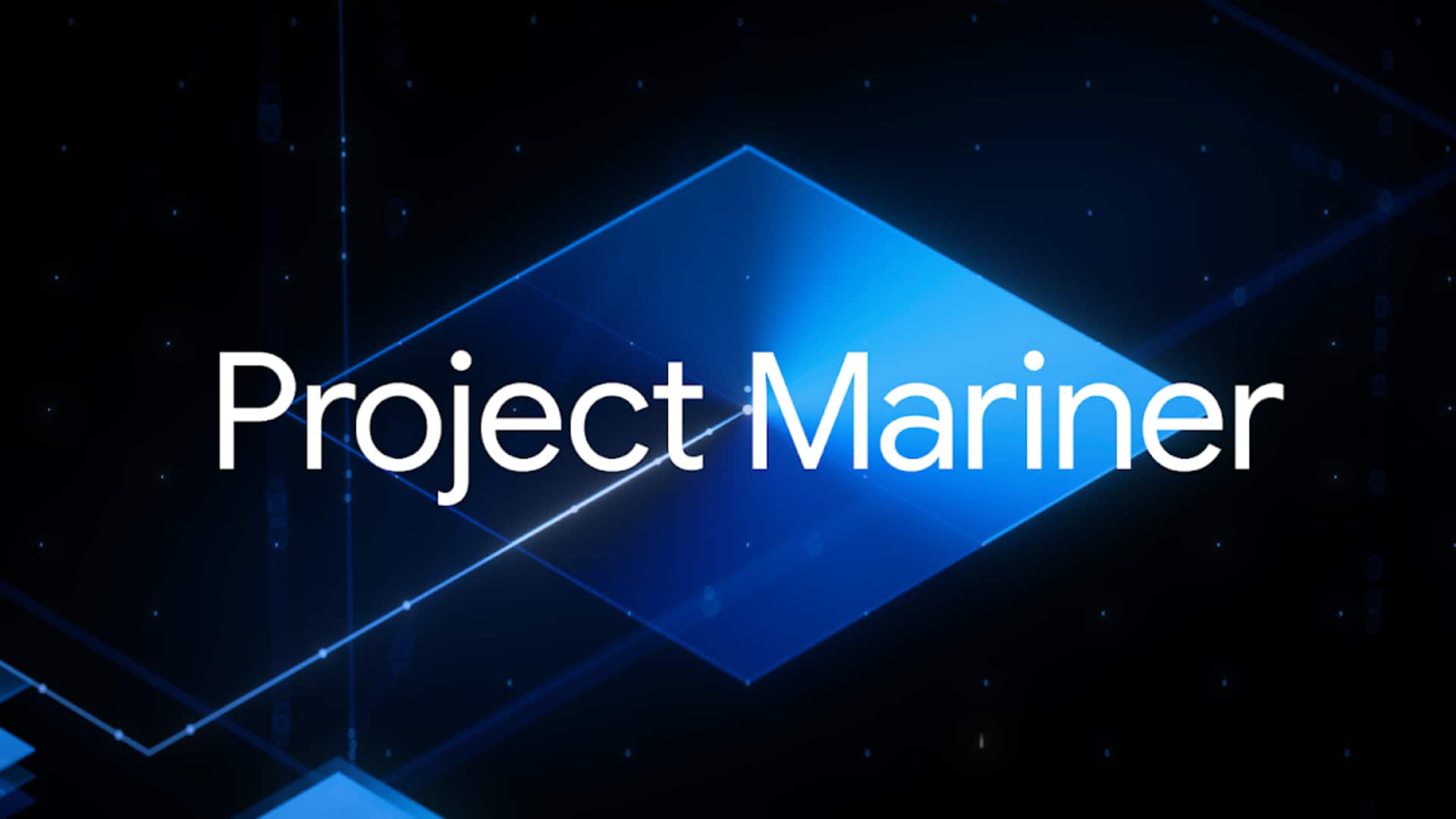
How Google's web-browsing AI agent will reshape publishers, retailers, users
What's the story
Google has unveiled Project Mariner, an AI agent developed by its DeepMind division. The research prototype is designed to control your Chrome browser and perform tasks like moving the cursor, clicking buttons, and filling out forms. It leverages Google's advanced Gemini 2.0 AI model to understand and reason across information on web pages. Currently available to select testers, Project Mariner marks a shift in user interaction from directly engaging with websites to using an AI agent for navigation.
Functionality
Project Mariner can do the shopping for you
Once the AI agent is set up in Chrome, a chat window appears on the browser's right side. You can instruct it to perform tasks like creating a grocery shopping cart from a list. The agent can navigate websites, say Amazon, to search for and add items. However, it's won't fill out credit card numbers or billing information for security reasons. Project Mariner can also help book flights, find hotels, summarize articles, discover recipes, and handle various online tasks.
Operation
How Project Mariner operates
Google's agent operates by capturing screenshots of your browser window, a process users consent to in the terms of service. These screenshots are sent to Gemini in the cloud for processing. Once analyzed, Gemini sends back instructions to the agent, guiding it to navigate the web page efficiently. This behind-the-scenes interaction enables seamless web navigation powered by advanced AI capabilities. Currently, Project Mariner only works on the active tab, so users will have to keep an eye on its actions.
Impact
AI agents may disrupt traditional online advertising models
By directly fulfilling user queries and aggregating information from multiple websites, AI agents could disrupt traditional online advertising models. If an AI agent can directly provide answers to user queries, it might bypass traditional ad-supported search results. This could lead to reduced website traffic and fewer ad clicks for businesses. Additionally, AI agents can efficiently aggregate information from multiple sources, potentially reducing the need for users to visit individual websites. This could further impact website traffic and ad revenue.
Concerns
Impact will depend on how AI agents are developed, deployed
AI agents, such as Project Mariner, can also impact user behavior by summarizing articles and providing key information directly, potentially reducing click-through rates to original content. This may affect website traffic and ad impressions in the short term. However, if developed to prioritize user experience and efficiency, AI could help create more targeted, effective advertising campaigns. Over time, this could lead to increased revenue as advertisers reach their audience more efficiently, ultimately benefiting ad revenue in the long run.